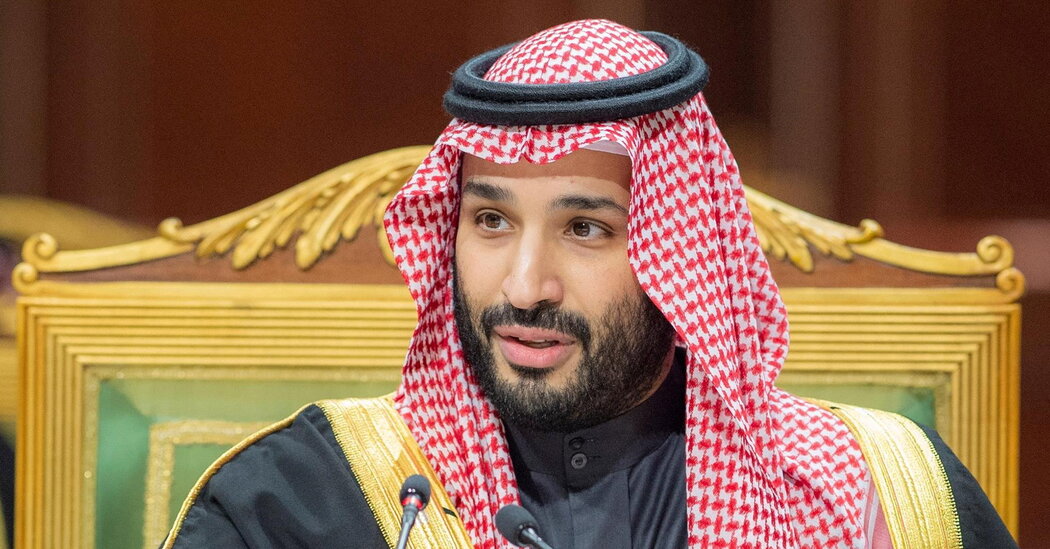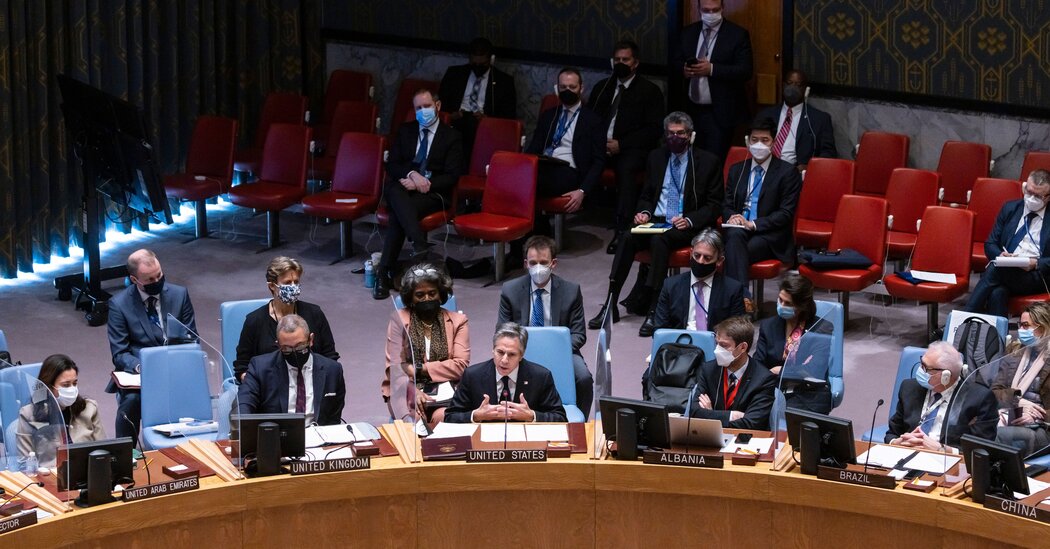
The Ministry of Interior’s statement said the crimes of those executed included murder; pledging allegiance to foreign terrorist groups, including the Islamic State and Al Qaeda; and traveling to join such groups, as well as the vaguely worded offense of “targeting residents in the Kingdom.”
Others were convicted of targeting government employees and “vital economic sites,” smuggling weapons into the kingdom, killing law enforcement officers and planting land mines that the ministry said were intended for use against police vehicles.
“The Kingdom will continue to take a strict and unwavering stance against terrorism and extremist ideologies that threaten the stability of the entire world,” the ministry said.
The ministry said the defendants had been able to exercise “their full rights under Saudi law” before Saudi courts, including the right to an attorney. But the European Saudi Organization for Human Rights said it had documented cases in which defendants had been denied access to a lawyer, tortured and held incommunicado.
“The world should know by now that when Mohammed bin Salman promises reform, bloodshed is bound to follow,” Soraya Bauwens, the deputy director of Reprieve, an advocacy group that tracks executions in Saudi Arabia, said in a statement on Saturday.
Noting that Western countries were looking to Saudi Arabia, one of the world’s largest oil producers, to help make up for the shortfall in oil supplies as many countries shun energy from Russia because of President Vladimir V. Putin’s invasion of Ukraine, she added, “We cannot show our revulsion for Putin’s atrocities by rewarding those of the crown prince.”
Rights groups said the number of executions carried out on Saturday far outstripped those put to death in the kingdom’s two most recent mass executions: one in 2019, in which 37 were killed, and the other in 2016, when 47 were executed.
Asmaa al-Omran contributed reporting from Beirut, Lebanon.




